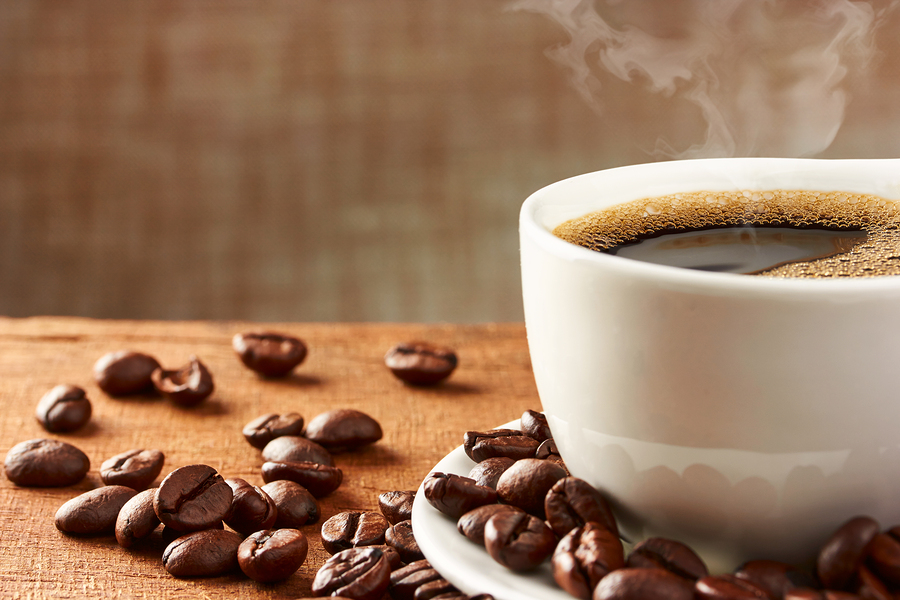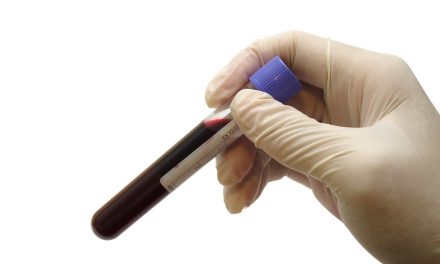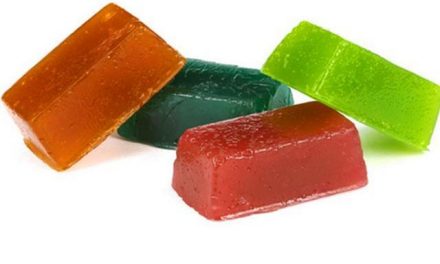
The Impact Of Coffee On Your Adrenal Glands
Editor’s note: I am adding this later as people have asked for an organic coffee (decaf) that they can use to wean or on occasion. Here’s one I used.
The adrenals are small but mighty glands, which sit on top of the kidneys. Their function is to release hormones that trigger the fight-or-flight response when we’re confronted with stressors. When adrenaline floods our bodies, our muscles contract and our heart rate quickens. Basically, the body is put on alert and is made ready for action.
Here’s the problem. Coffee stimulates the adrenal glands, which means that every time you drink coffee, you’re activating the body’s fight-or-flight response. But, instead of releasing adrenaline so the body can react to a true stressor, the adrenals are releasing this hormone in response to your coffee consumption.
What happens over time is that your adrenal glands start to burn out from overuse, which can lead to adrenal fatigue. Naturally, you can help to prevent adrenal fatigue simply by avoiding coffee, or keeping your consumption to a minimum.
Does caffeine really give you an energy boost? Depending on how much caffeine you consume, it can make you feel as if you have more energy, especially within the first couple of hours after consumption.
However, once the effects of the caffeine have worn off, you’ll actually feel more tired than you did before you drank it.
The Caffeine-Cortisol Connection
Here’s a fact: cortisol, the stress hormone, is released after consuming coffee whether you’re under mental stress or not, according to a study published in the February 2008 edition of “Psychosomatic Medicine.” So, let’s talk again about fatigue and insomnia, which are related to caffeine and cortisol.
Cortisol production is naturally high in the early morning, around 8:00 a.m. because one of its functions is to help you rise and shine for the day.
But, people who chronically stress their adrenal glands to overproduce cortisol change their cortisol concentrations so that it’s low instead of high when they wake up in the morning.
Of course, then they reach for a cup of coffee to artificially spike their cortisol levels again.
These same people experience huge cortisol surges at meals, which causes them to overeat. They, in turn, wind up with higher body fat, lower muscle mass, and a reduced metabolism so they burn fewer calories.
They don’t sleep well at night because elevated cortisol levels keep them from entering stage 4 sleep, which is the deep rebuild-and-repair sleep your body needs to feel rejuvenated and rested.
Ladies, listen to this one. How about skin aging and wrinkling? Caffeine dehydrates the body and elevates cortisol levels. This leads to dehydrated skin and premature wrinkling.
In his bestselling books, The Perricone Prescription and The Wrinkle Cure, Dr. Nicholas Perricone encourages people to quit coffee to prevent skin aging.
His patients have shown him the consequences of elevated cortisol levels on skin aging and wrinkling—dehydration and a decrease in collagen and elastin production.
It’s a good reminder that we must drink 8 to 10 glasses of water a day to maintain healthy and beautiful skin, as all biochemical reactions in the body take place in the presence of water.
So, if you suffer from IBS, acid reflux, stomach ulcers, diarrhea, Crohn’s disease, colitis, high blood pressure, difficulty sleeping, or anxiety, isn’t it time to consider eliminating your coffee intake? Don’t worry. I won’t leave you without alternatives. I offer you some healthy substitutes for coffee.
Natural Alternatives to Coffee
While you’re trying to wean yourself off of coffee and are searching for a satisfying replacement beverage, let’s not forget about water. Water is vital to the body and is truly the elixir of life.
Drinking water is one of the most important things we can do every day to maintain good health. I always recommend that you drink filtered or spring water instead of tap or distilled water. And, stay away from fluoridated water. Natural water is best.
Tea—The Other Popular Beverage
Herbal tea is a great replacement for coffee, so why not try nettle tea. Nettle is very cleansing, and it curbs the appetite so it’s ideal for weight loss. It’s also very high in minerals.
Nettle tea will give you a boost in the morning. Plus, it’s a gentle diuretic and is considered restorative to the kidneys and bladder.
Green tea has many healthful properties and is another great substitute for coffee. Ideally, you want green tea that contains the entire ground tea leaf. (Editor note: Though for me I don’t even drink it regularly as it still has caffeine)
Matcha green tea is what I prefer. It’s renowned for its numerous health benefits. Matcha tea is rich in nutrients, antioxidants, fiber, and chlorophyll. Plus, it’s sugar-free, so it’s an ideal drink for diabetics and others wishing to reduce their sugar intake.
The health benefits of matcha exceed those of other green teas because matcha drinkers ingest the whole leaf, not just the brewed water. One glass of matcha is the equivalent of 10 glasses of green tea in terms of nutritional value and antioxidant content.
Tulsi tea (also known as Holy Basil) is another favorite tea of mine. It’s a powerful herb used in Ayurveda, which is an ancient system of medicine practiced in India.
The thing I like about tulsi is that it’s an adaptogenic herb, which means that it helps to reduce the stressors that may be compromising your physical and mental well-being.
Tulsi is also rich in antioxidants so we know that consuming it will help prevent oxidation damage, which can leave our bodies vulnerable to disease. That’s probably why Ayurvedic practices often use tulsi to treat cancer, as well as headaches, diabetes, high blood pressure, and joint pain, among other maladies and diseases.
According to Dr. Ralph Miller, who is the former Director of Research for the Canadian Department of Health and Welfare, “Modern scientific research offers impressive evidence that tulsi reduces stress, enhances stamina, relieves inflammation, lowers cholesterol, eliminates toxins, protects against radiation, prevents gastric ulcers, lowers fevers, improves digestion and provides a rich supply of antioxidants and other nutrients.”
Dr. Miller also stated that “tulsi is especially effective in supporting the heart, blood vessels, liver and lungs and also regulates blood pressure and blood sugar.”
That’s quite an endorsement of tulsi’s health benefits. You have nothing to lose and everything to gain by giving these coffee alternatives a try.
 Nancy Desjardins is an online holistic nutrition coach. She created healthlady.com which is a global hub of information for all things dealing with holistic nutrition and organic health.
Nancy Desjardins is an online holistic nutrition coach. She created healthlady.com which is a global hub of information for all things dealing with holistic nutrition and organic health.











